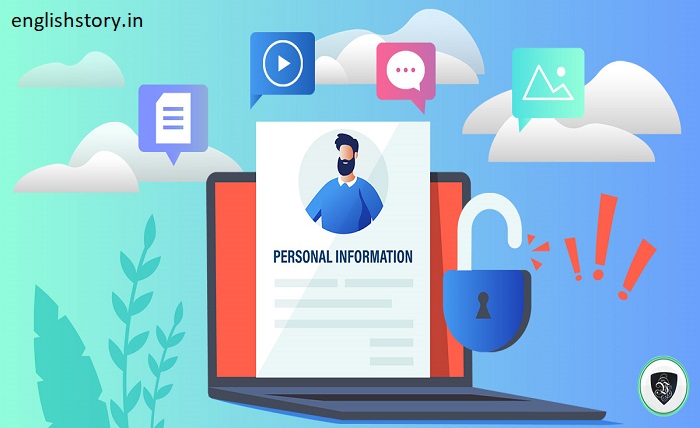Public spaces are great for reading, studying, catching up on messages, or checking a live score between errands. They’re also messy environments for privacy: bright screens, busy Wi-Fi, shoulder surfers, and the constant pull of notifications. Good etiquette isn’t just about being polite to people around you; it also protects your attention and your data.
If you want a quick refresher on app safety basics before you head out, take a brief look at parimatch login download. It’s a straightforward reference for login, download, and device-hygiene checkpoints you can adapt to any app. Now, let’s focus on the public-space part: how to stay considerate and discreet without turning your phone into a puzzle box.
The shared rule set (works in any public room)
Think of your phone as a guest. A considerate guest doesn’t steal the spotlight or create friction for others.
- Keep the phone quiet and dim. Silent mode, no keyboard clicks, vibration off. Lower brightness so your screen isn’t a lighthouse every time a message lands.
- Hide previews on the lock screen. Name, code, and content previews can all spill information; show just the app name or nothing at all.
- Minimize notifications. Allow only the essentials for the next hour (calendar, ride updates, the task you’re doing). Everything else can wait.
- Choose a steady seat. Back to a wall if possible; you’ll cut down on shoulder-surf glances and your focus will improve.
These basics are quiet enough for a library, flexible enough for a café, and tidy enough for a hostel lounge.
Library etiquette: silence, sight lines, small footprints
Libraries reward people who take up less space – visually and acoustically. Pick a seat with a view of your bag and a wall behind you. Angle the phone slightly down and enable a privacy filter if you have one; the goal is to keep nearby readers from catching fragments of your screen.
Skip speaker audio entirely. Headphones at low volume are fine, but keep one ear clear if the room has announcements. If you’re referencing material on your phone while you write, download what you can in advance and switch to airplane mode during long stretches; it stops pop-ups and helps you stay with the paragraph in front of you.
For networks, prefer known, secured Wi-Fi or your own data. Avoid entering passwords or payment details on shared machines or public desktops attached to reading areas. When you finish a block of work, lock the phone before you stand up – even for a quick shelf run.
Café etiquette: queues, tables, and respectful posture
Cafés mix study halls with small talk and a line that never stops moving. Choose a spot away from the door and the queue; people in a hurry look over their shoulders more than they realize. Keep your phone flat on the table rather than propped upright – fewer sightlines into your screen. When the barista calls a name, finish the sentence you’re reading before you stand; walking with your screen lit draws eyes and invites bumps.
Discretion without paranoia: a light security routine
Etiquette and privacy reinforce each other. A few small habits give you both:
- Strong unlock + 2FA. Face/Touch ID plus a code that’s not a birthday. For logins, use a two-factor that doesn’t display full messages on the lock screen.
- Password manager, not memory. Reused passwords leak across services; a manager keeps you honest and fast.
- App updates on Wi-Fi you trust. Do them before you leave home or once you’re on a reliable network, not in the middle of a busy room.
- Log out when the task is done. Especially on shared or borrowed devices; even better, avoid borrowed devices for personal accounts.
- Tidy home screen. Put the few apps you need on the first row and hide the rest for the next hour. Fewer icons, fewer detours.
The tone here is simple: set the phone up so it behaves, then let it fade into the background while you focus on people and pages.
Attention is part of privacy
Good manners in public spaces start with attention. If you’re reading, read. If you’re meeting a friend, close the app and look up. Split focus leads to louder taps, missed cues, and on-screen mistakes. A short, deliberate session beats a long, scattered one every time.
A quick exit checklist (before you stand up)
Public rooms change fast. Close the session cleanly:
- Save work and confirm it synced (or make a local copy if the network is spotty).
- Log out of any account pages you opened.
- Clear recent app screens so private content doesn’t flash when you unlock later.
- Check the table: phone, cable, power bank, notebook.
- Lock the screen before you move.
This takes less than a minute and prevents most “oh no” moments at the door.
Bottom line: libraries, hostels, and cafés are shared spaces. The best mobile etiquette blends quiet behavior with simple privacy habits: dim screen, trimmed alerts, careful seating, short focused sessions, and clean exits. You’ll disturb fewer people, expose less information, and carry a calmer mind out the door.
